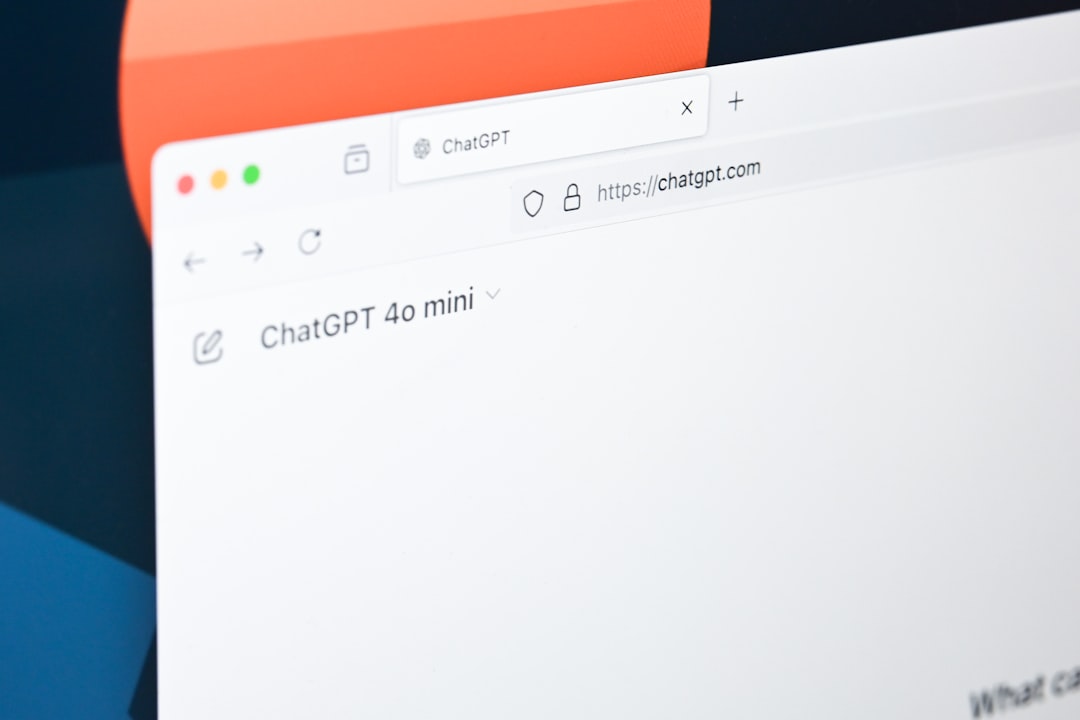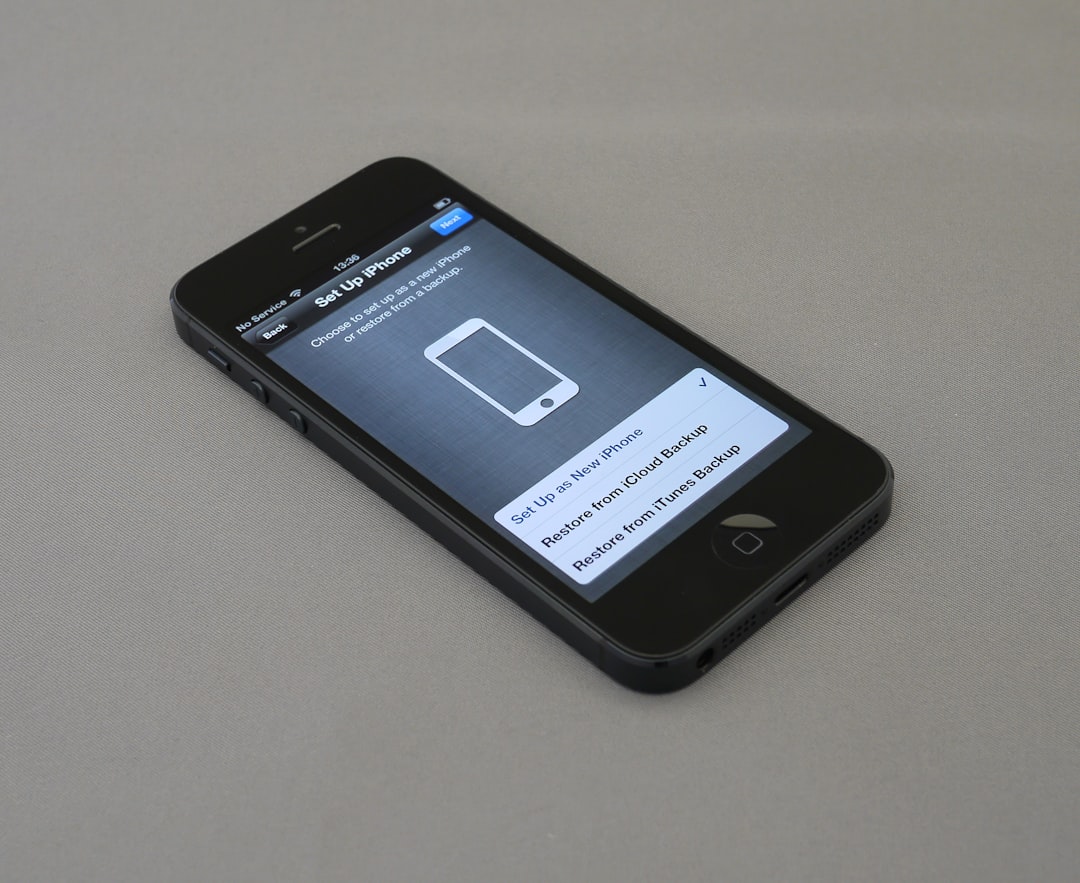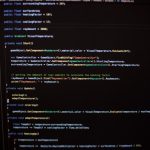In today’s hyper-connected world, online privacy and access to global content are more critical than ever, especially for mobile users. iPhone users often turn to tools like residential VPNs and proxy servers to maintain privacy and bypass geographical restrictions. While these technologies may seem similar on the surface, they have distinct differences in terms of functionality, security, and performance.
Understanding Residential VPNs
A residential VPN creates a secure, encrypted tunnel between a user’s iPhone and the internet. It masks the user’s IP address with one from a residential location, making the connection appear to originate from a real, physical household. This disguises the user’s actual location and encrypts their data for enhanced privacy.
Key features of residential VPNs include:
- Encryption of all internet traffic across the iPhone
- Access to geo-restricted content worldwide
- High anonymity as traffic appears to originate from real residential users
- Improved security on public Wi-Fi networks

When using a VPN on an iPhone, all apps and services—whether it’s a web browser or a social media app—are protected by a layer of encryption. This ensures total data security from hackers, ISPs, and even government surveillance.
What Is a Proxy Server?
A proxy server acts as an intermediary between an iPhone and the internet. Instead of sending requests directly to a web server, the iPhone sends them to the proxy, which then forwards them to the destination. It returns the response from the website back to the iPhone. Unlike VPNs, proxies usually do not encrypt the data.
Main characteristics of proxy servers for iPhone:
- Masking the user’s IP address
- No end-to-end encryption
- Used primarily at the browser level rather than system-wide
- Faster speeds due to the lack of encryption, but less secure
Some users also choose static residential proxies, which provide stable real-residential IPs for higher trust and fewer blocks compared to basic proxies. Services like Proxy-cheap offer these options for users who need more reliability without switching to a full VPN.

Proxy servers on iPhones are especially useful for lightweight activities such as bypassing simple geographical restrictions or hiding the IP address while browsing. However, because proxies don’t encrypt traffic, your data is exposed to potential monitoring and breaches.
Core Differences Between Residential VPNs and Proxy Servers
Though both tools hide user IP addresses, their underlying operations and advantages differ significantly.
1. Security: VPNs encrypt all traffic from the iPhone, making them ideal for secure networks and transactions. Proxies offer minimal or no encryption, leaving data vulnerable.
2. Scope of Coverage: Residential VPNs protect all connections from an iPhone, including system and app traffic. Proxy servers generally only affect traffic from specific apps, often the web browsers.
3. Performance: Proxies may deliver faster speeds than VPNs due to the absence of encryption. However, performance varies based on server location and load.
4. Ease of Use: VPNs often come with user-friendly apps and automatic configurations for iPhones. Proxy settings can be more manual and app-specific, making them less convenient for some users.
5. Legitimacy: Since residential VPNs use real IP addresses from ISPs, they’re less likely to be flagged as suspicious compared to proxy servers that can be easily identified and blocked.
Which One Should You Choose?
For users who prioritize security and privacy, a residential VPN is the better choice, especially when dealing with sensitive data or using unsecured public networks. Alternatively, those who need faster browsing with less concern for data encryption might find proxy servers adequate for their needs.
Many iPhone users opt to use both tools strategically; using a VPN for sensitive activities and switching to a proxy for faster access during casual browsing.
FAQ: Residential VPN vs. Proxy Server for iPhone
- Q: Can I use both a proxy and a VPN on my iPhone?
A: Technically yes, but they may conflict depending on configuration. It’s best to use one at a time unless managed through an advanced setup. - Q: Do proxy servers hide my location?
A: Yes, but not as effectively as VPNs. Proxies can often be detected and blocked by websites. - Q: Are residential VPNs legal?
A: In most countries, yes. They are legal tools for privacy and security. However, using them to violate laws or terms of service can lead to penalties. - Q: Will either tool reduce my internet speed?
A: VPNs may slightly slow down your connection due to encryption overhead. Proxies are faster but offer less protection. - Q: Which option is better for streaming geo-blocked content?
A: A residential VPN is typically more reliable for streaming services, which often detect and block proxies.
 logo
logo



